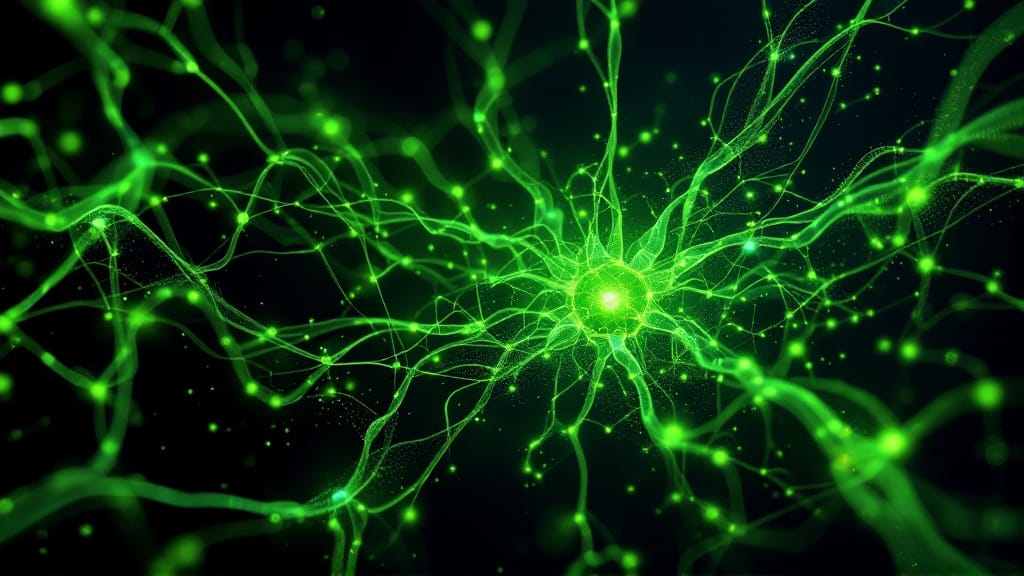Despite breaking all sorts of new ground, it could be said that the current approach to neural networks is rigid and limited. But what if artificial intelligence could evolve with the fluid grace of nature itself? Liquid AI, a cutting-edge startup born from the innovative corridors of the Massachusetts Institute of Technology (MIT), is turning this vision into reality by pioneering liquid neural networks. These networks, inspired by the humble yet complex microscopic worms, promise an evolution in AI that is not only more adaptive but also significantly more energy-efficient and versatile than conventional models. As AI technology advances, it becomes paramount for tech enthusiasts, developers, and industry stakeholders to grasp these groundbreaking developments.
Introduction to Liquid Neural Networks
Neural networks form the backbone of modern AI, mimicking the human brain’s interconnected neuron structure to process information and learn from data. Liquid AI is taking a revolutionary approach by developing liquid neural networks, drawing inspiration from the adaptability and efficiency seen in biological systems such as microscopic worms. This innovative strategy is not just a technological leap but a philosophical shift towards more sustainable and flexible AI systems (more details).
The Science Behind Liquid AI
The genesis of liquid neural networks lies in the fascinating study of microscopic worms, whose neural systems exhibit remarkable adaptability. Liquid AI’s approach leverages this biological marvel to create neural networks that can dynamically adjust and learn even after deployment. This adaptability translates into significant energy savings and enhanced efficiency, addressing some of the critical limitations of traditional neural networks (discover more). By replicating the fluid adaptability of nature, Liquid AI is setting a new benchmark for AI development.
Applications and Impact
Liquid AI’s models have potential applications across various industries, from detecting fraud in financial transactions to controlling systems in self-driving cars (explore applications). These liquid neural networks are poised to revolutionise AI applications by providing more robust and adaptable solutions. The broader impact of these systems could redefine how industries leverage AI, offering more reliable and efficient tools for complex problem-solving (further insights).
Comparison with Traditional Neural Networks
The primary distinction between traditional and liquid neural networks lies in design, efficiency, and adaptability. Liquid neural networks require less energy, offering a more sustainable alternative to their conventional counterparts. This efficiency does not come at the cost of performance; instead, it enhances the network’s capability to adapt to new information post-deployment, a significant limitation in traditional models (compare here).
Future Prospects and Industry Relevance
The future of AI development is being moulded by the pioneering work of Liquid AI, which continues to explore the potential of liquid neural networks. This new class of AI models not only sets new standards but also opens avenues for ongoing research and development. As industries increasingly seek more adaptable and energy-efficient technologies, Liquid AI’s innovations are likely to become central to the AI landscape (discover future potential).
Evolution of AI
Our world is increasingly driven by technological advancements, and liquid neural networks represent a transformative shift in AI development. As Liquid AI continues to push the boundaries of what is possible, staying informed and engaged with these advancements is crucial for stakeholders across the tech industry. Embracing such innovations could unlock unprecedented potential, redefining the role of AI in our lives and industries.
In Other News…
Grain-Sized Soft Robots Unlock Precise Drug Delivery
Scientists have developed grain-sized soft robots controlled by magnetic fields for targeted drug delivery. These miniature robots can transport and release drugs precisely, offering breakthroughs in treatments such as cancer therapies. Read More
Apple Launches $1 Million AI Bug Bounty Challenge
Apple is offering a $1 million reward to anyone who can hack its AI system, aiming to improve its security through expert testing of vulnerabilities. Read More
OpenAI Denies Orion Model Release in 2024
OpenAI has confirmed it will not be releasing an AI model codenamed “Orion” this year, contradicting earlier rumors. The company clarified that it has no immediate plans for this model. Read More


